![[Image: Peopoly]](https://fabbaloo.com/wp-content/uploads/2020/05/JYSY4781_img_5eb09e391351f.jpg)
Peopoly’s new SLA 3D printer is designed to compete with both resin- and filament-based machines.
In the spring of 2017, Hong Kong-based Peopoly introduced the Moai 3D printer. The machine was well received, producing reliable prints and hitting an affordable price point for pros. They’re following this up by upping their game with the Moai 200 — literally upping, that is, as the new machine offers a 300% larger print volume with, says the team, the same high resolution as the original Moai.
The original Moai was a Kickstarter success story back in 2017, when it reached 800% of its funding goal. Now with an active community of users around the world, with thousands of these first machines shipped, the team at Peopoly is going bigger due to demand from that community base. Many users, the Peopoly team told Fabbaloo, wanted something bigger. Others in the 3D printing community have still been searching for their right fit 3D printer; FFF users wanted better resolution without losing the price point they liked from filament-based systems.
Peopoly is trying to take on all these desires together in the Moai 200: big, high-resolution, affordable. So it’s not just other SLA machines in the sights, but filament 3D printers as well. And not just any of either; Peopoly sees the competition for the Moai 200 as some of the best-known machines on the market today: the Form 2 from Formlabs and the Ultimaker 3.
“Moai 200 compete with both SLA and FDM printers in the $3000-10000 category. At 20x20x25cm, it has bigger printer volume and is less expensive than both Form 2 and Ultimaker 3. The 200 is much bigger than Form 2 with the same high-resolution laser printing and lower hardware and material cost. It also boosts much higher resolution than Ultimaker and many FDM printers in this range with similar build volume and faster print speed. We believe laser SLA and resin 3D printing, in general, will capture a much bigger share of the desktop 3D printing market due to unmatched resolution and lower price point,” Peopoly’s announcement says.
Though pricing may rise, the Moai 200 is set for US$2799 via the Peopoly site, positioning it in line with the above statement. (A quick glance at US-based reseller MatterHackers shows a price point of $3099.)
“The trend for 2019 is bigger and more affordable resin printers in sub USD 5000 category,” Peopoly Co-Founder Shu Peng tells Fabbaloo.
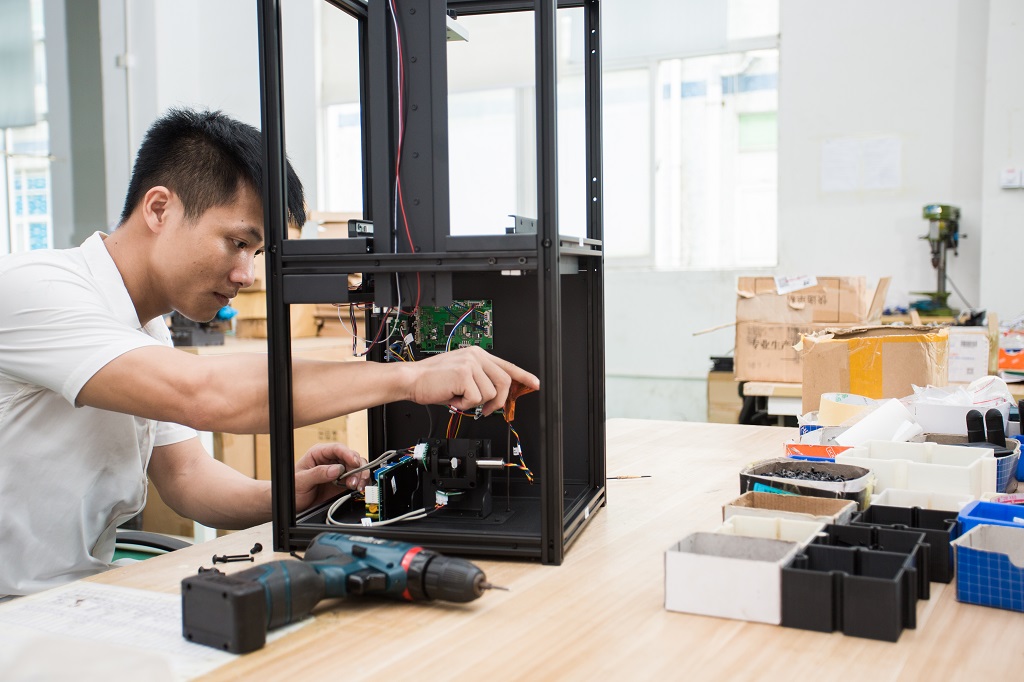
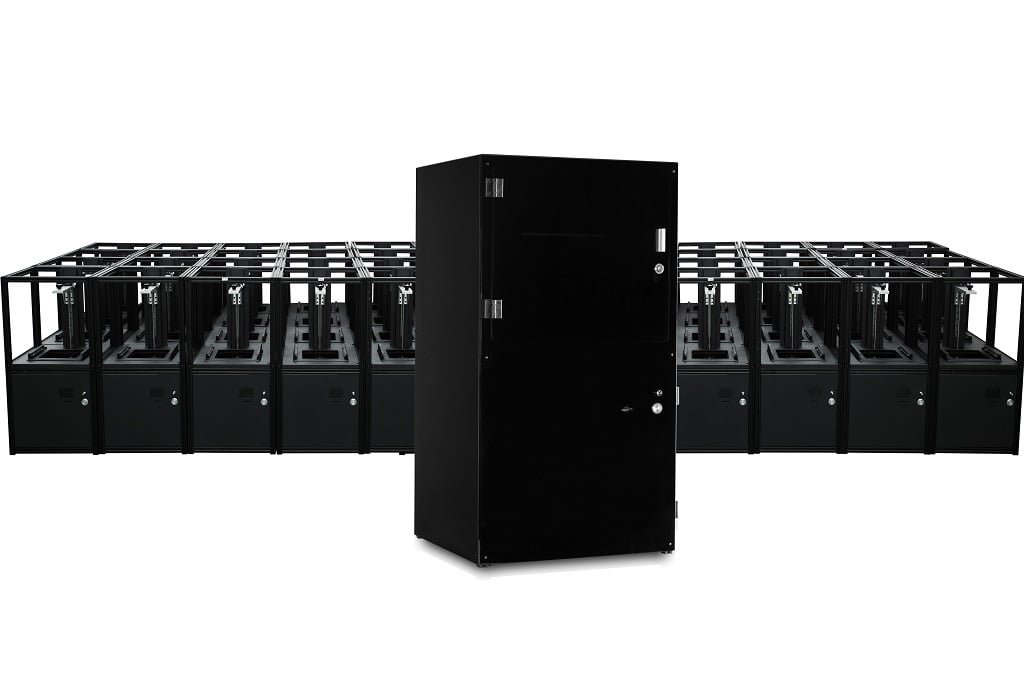
The company sees resin 3D printers as having advanced notably, with 2018 in particular seeing more mainstream positioning within the 3D printing community. Peopoly is confident the trend will continue, with hardware and materials pricing falling — and more affordable larger 3D printers hitting the market. Seeking to stay ahead of the curve, the Moai 200 retains the same workflow as its predecessor, with improvements based on results and usability.
Peopoly notes key features including:
-
Film based vat system for consistent results, durability, and low replacement cost
-
Newly designed built plate to improve adhesion and lower peel force
-
Industrial grade dual linear rails system to ensure stability
-
Professional grade UV laser with a 70 microns spot size running at 405 nm (microns) wavelength and a maximum power of 150 mW
-
Full access to laser setting, including power level, exposure time and galvo (mirror galvanometer) travel speed
-
Fully assembled from the factory
-
Easy and low cost to maintain. Parts are modulable and easy to troubleshoot and swap.
-
Excellent resin compatibility due to full laser control. The user can use almost any UV resin designed for 405 nm wavelength
-
Full feature printing software Asura is included
The company is also developing a “high-speed printing resin that allows Moai 200 to print at 200um layer height at a high scanning rate.”
New 3D printers introduced to an increasingly discerning marketplace are being targeted at specific needs. Gone are the days of another new FFF or SLA 3D printer just because, with positioning that doesn’t differentiate from the dozens of other options already available. Kickstarter success stories have become fewer and farther between following significant disappointment from poorly thought out (or worse) campaigns that left backers unfulfilled. Especially for companies building upon a base of established success, listening to the needs and wants of the market is a smart move for gaining trust and traction.
Peopoly is targeting a few specific needs with its newest 3D printer: size, cost, resolution. These three are all necessary for increasingly professional 3D printing being done, and taking on all three — especially with shots fired toward established competitors — is ambitious indeed.
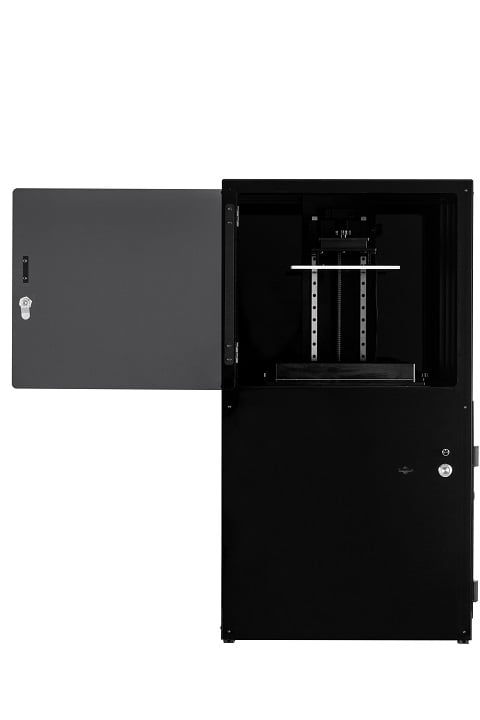
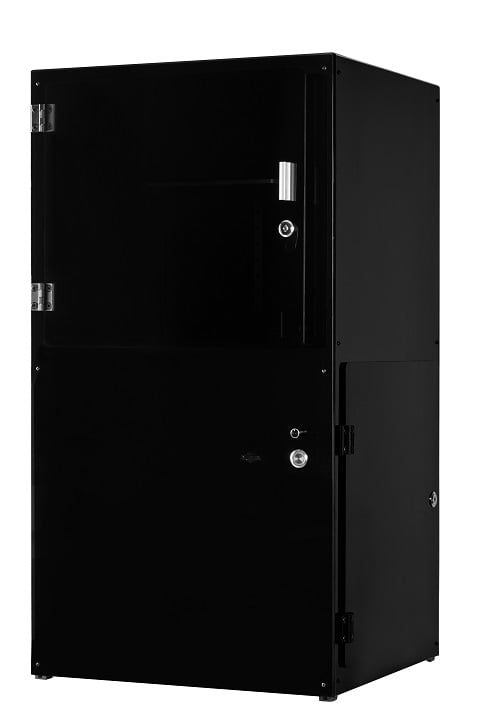
Of its product concept, Peopoly explains:
“Printing large has always been the holy grail for 3D printing. Able to make a big object in one process without cutting model opens up new possibilities in design, saves time on post-processing and makes the print stronger. But until recent years, printing big means owning expensive printers. Then it comes Ultimaker, Raise3D, and other brands that made larger FDM printers more affordable. But larger SLA printer remained expensive with many printers well over 10K mark and locked into costly consumables. This is what led us to develop Moai 200, an affordable midsize laser SLA printer.
We took many ideas that work well for the original Moai and integrated them into Moai 200. The use of FEP film based vat meant that Moai and the 200 can have durable yet low-cost vat system that professional users can rely upon.”
It looks like shipping is set to start at the end of this month.
Via Peopoly

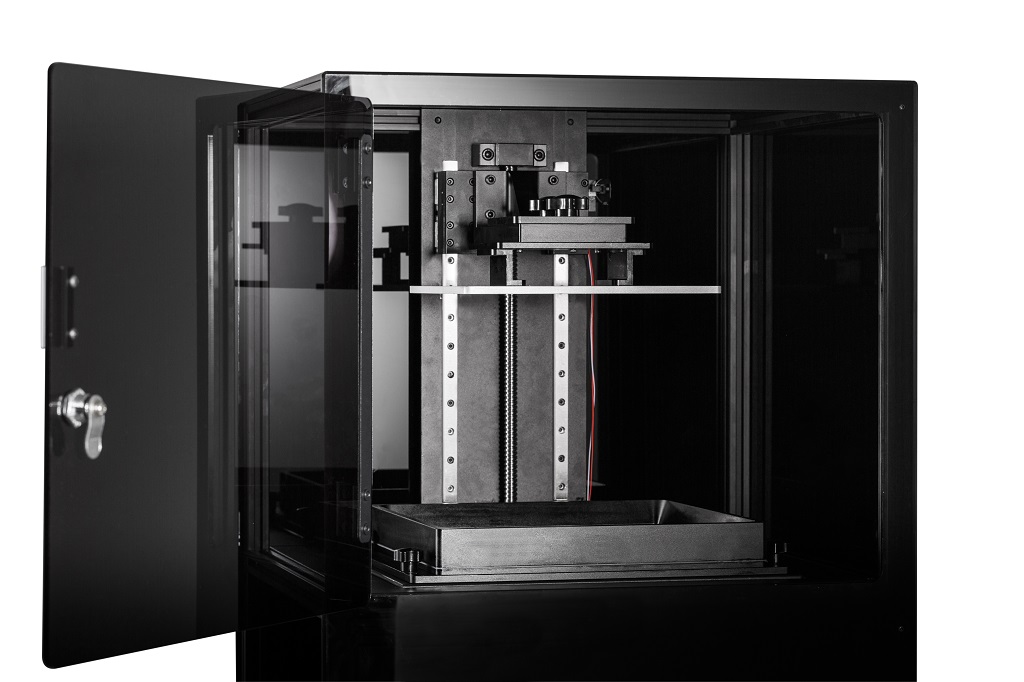
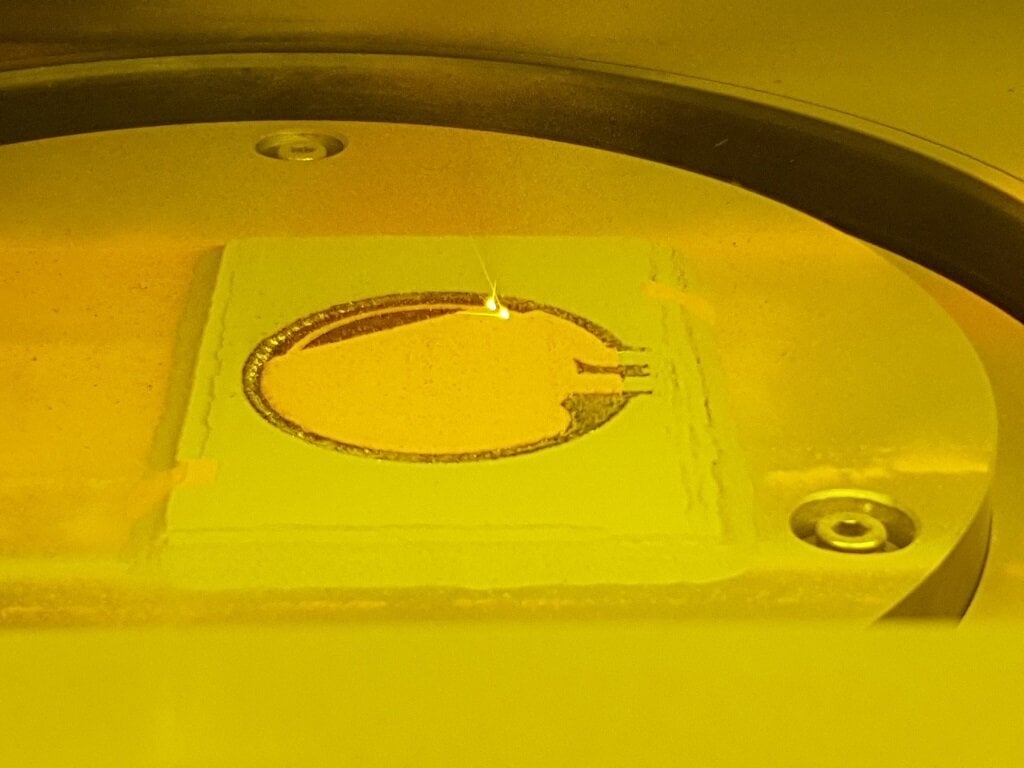
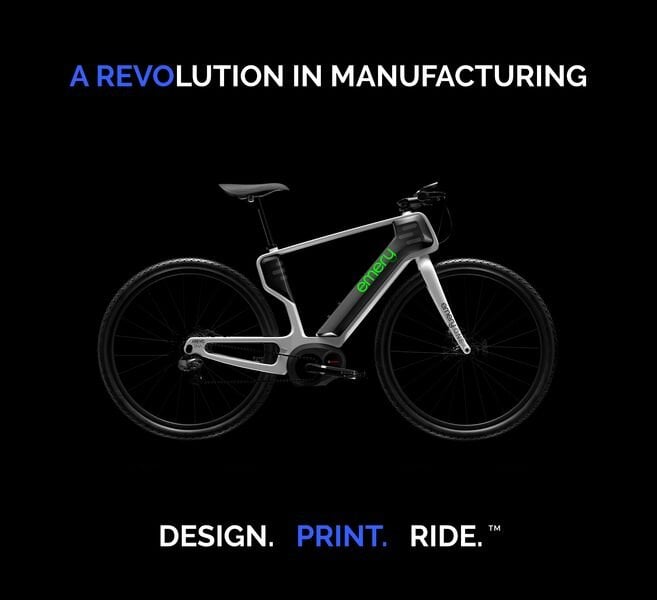
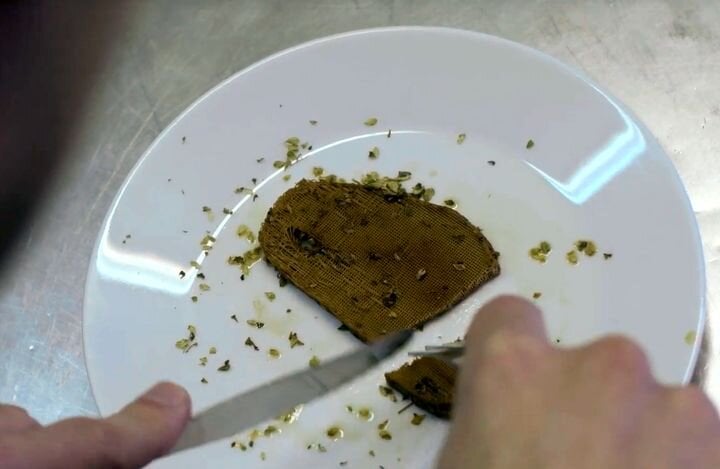

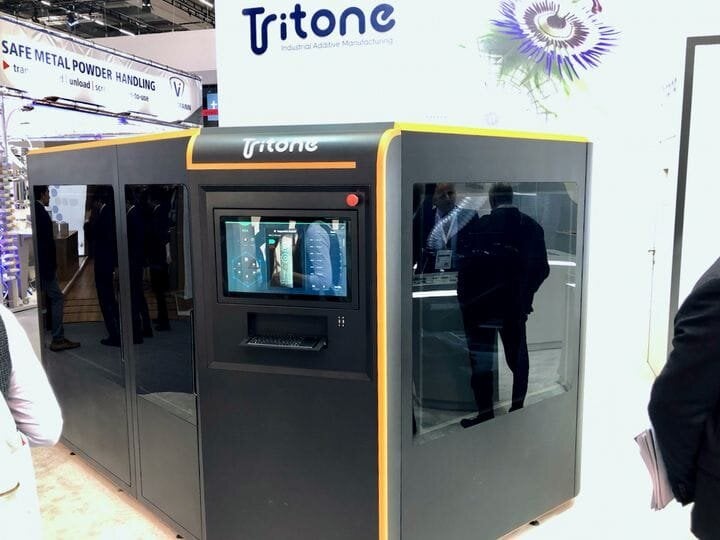
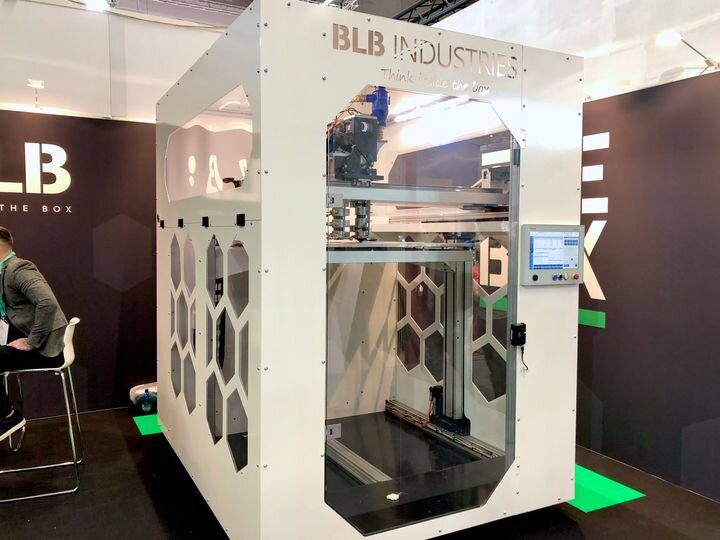
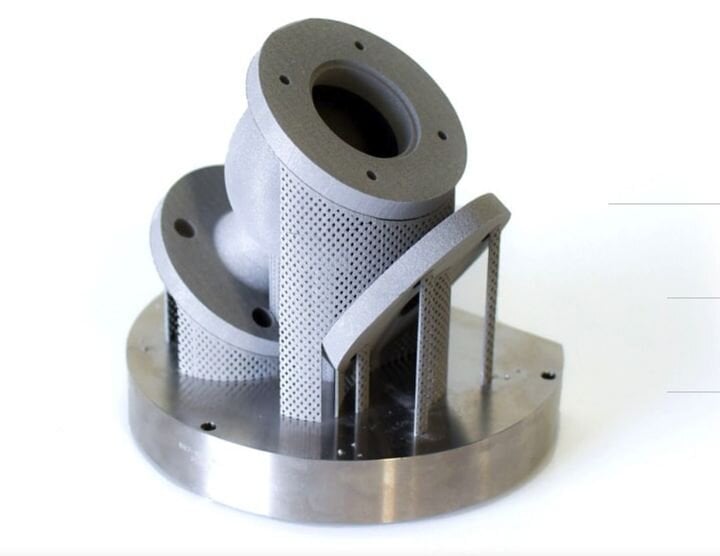
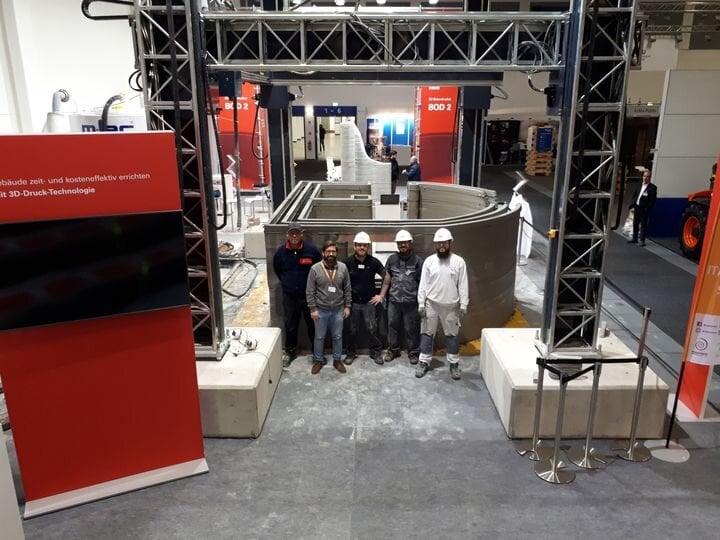
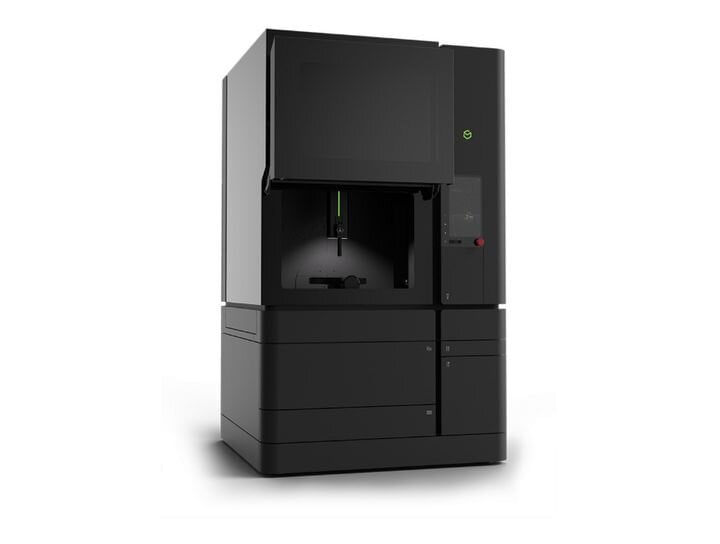
FELIXprinters has released a new bioprinter, the FELIX BIOprinter, which is quite a change for the long-time 3D printer manufacturer.